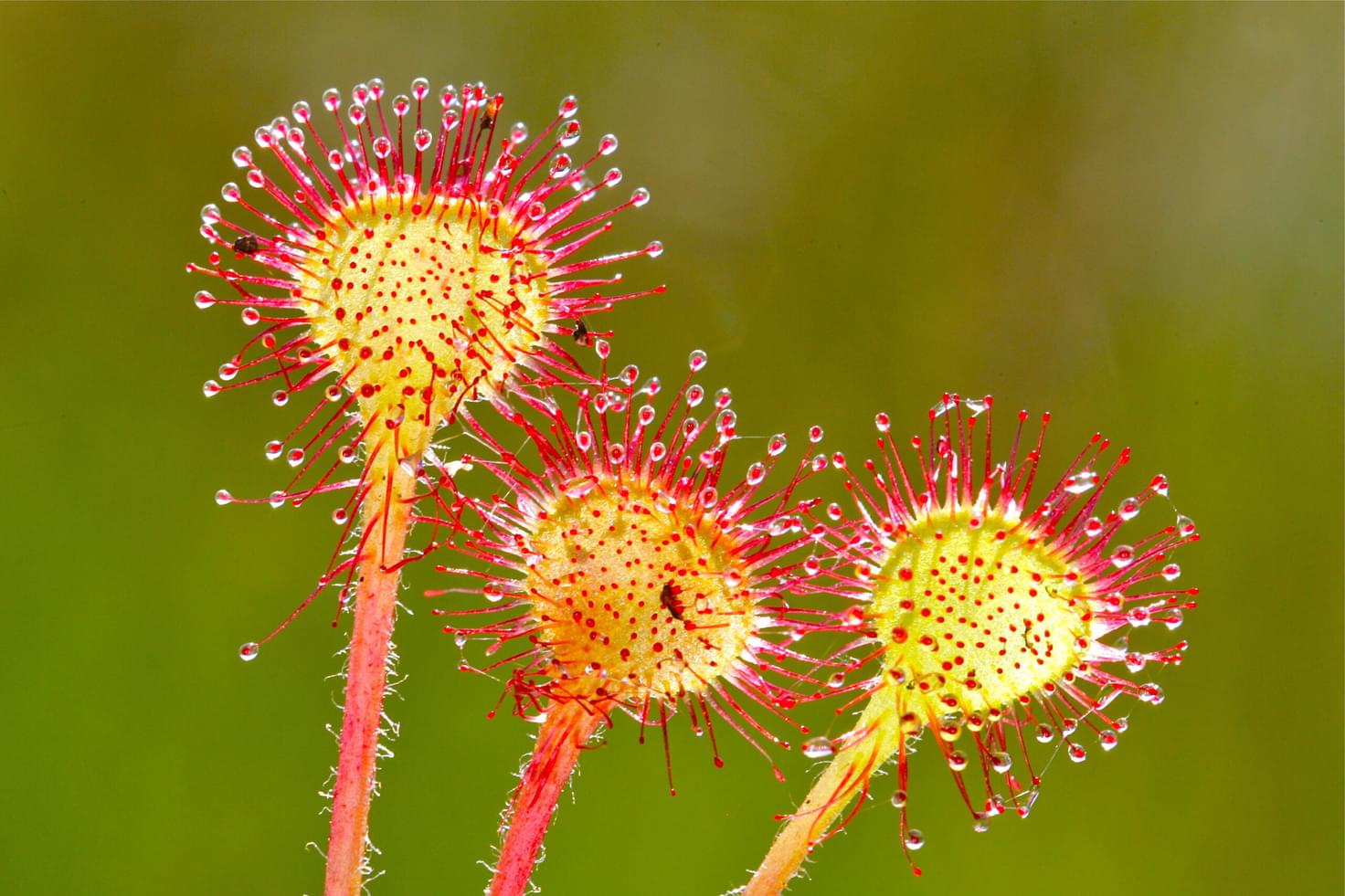
Words by Abi Scaife
Carnivorous plants are being reintroduced to Lancashire, in an effort to boost conservation.
Carnivorous plants?!
Yes - but they’re a bit small to be chowing down on humans so no need to worry.
Carnivorous plants existed on the Lancashire peatlands of Winmarleigh Moss as recently as 100 years ago, and are now being reintroduced thanks to the incredible work of the Lancashire Wildlife Trust.
What’s the story?
Thanks to a cash injection of £30,000, the Lancashire Wildlife Trust have been able to introduce almost 18,000 of the insect-eating plants to the peatland.
Despite being native inhabitants of the peatland, they eventually died out thanks to misuse of the area - but now they’re able to come back and thrive like they were always supposed to.
So next time you’re in the area, take a closer look at the ground - and you might just see the incredible carnivorous greater sundew.
Charity check-in
At Smiley Movement, we like to elevate the work of charities across the world. Here are three charities whose causes align with the themes in this article.
The Woodland Trust. This is the UK’s largest woodland conservation charity, concerned with the creation, protection, and restoration of native woodland heritage. Support them here.
Rewilding Britain. They aim to tackle the climate emergency and extinction crisis, reconnect people with the natural world and help communities thrive. Find out more here.
Devon’s Wildlife Trust. DWT is the only local charity dedicated to protecting wildlife and wild places across Devon - on land and at sea. Learn more here.